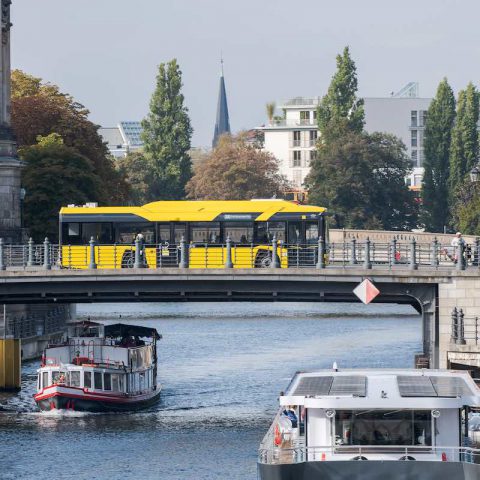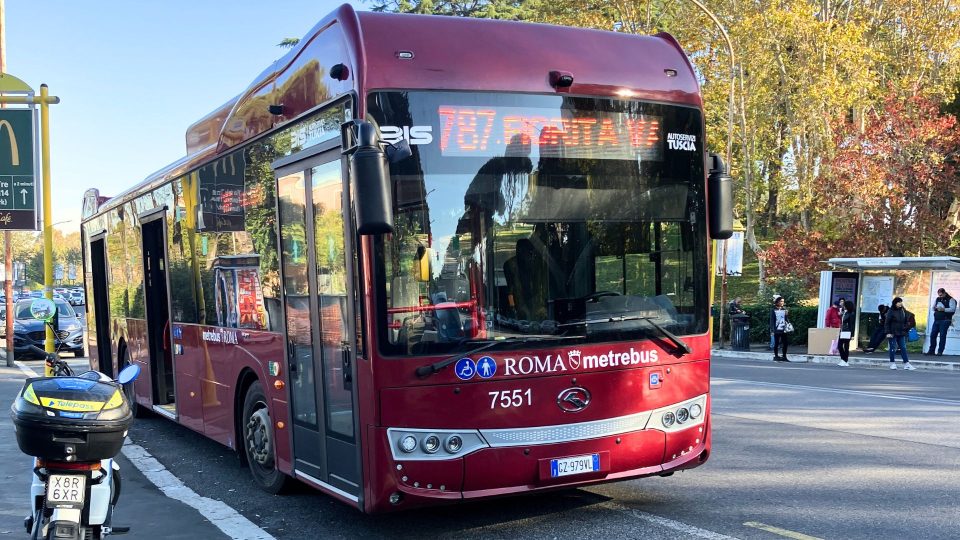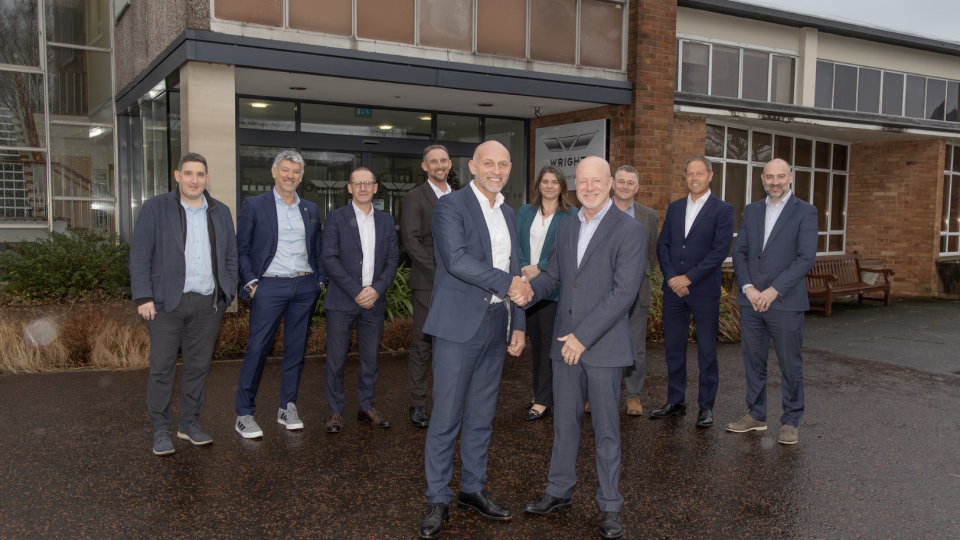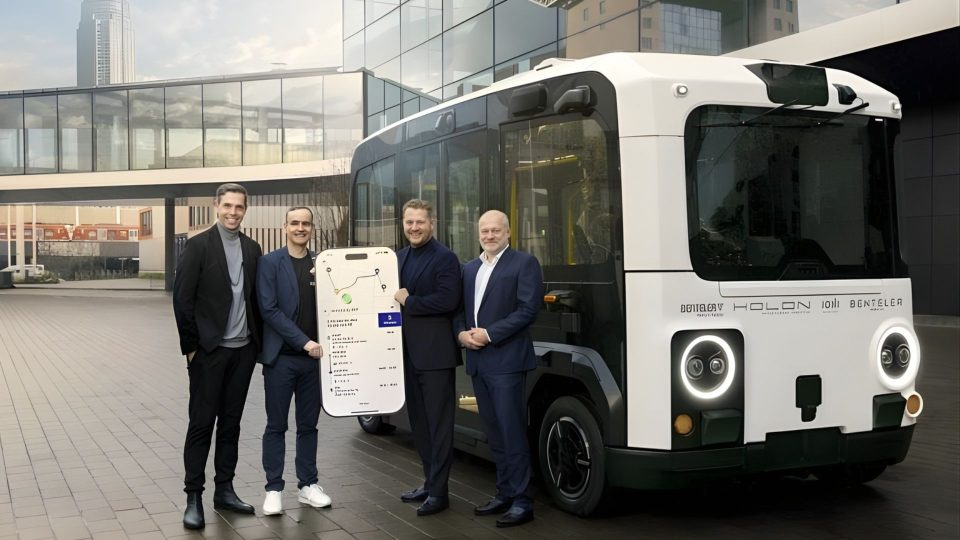VDV urges more support from German government on zero emission bus deployment
VDV pushes for a much stronger commitment of the federal government to the promotion of e-buses in order to achieve climate-protection goals. “We must make the remaining years until 2030 the decade of the e-bus, because the infrastructure projects for railways and light rail only take effect with a time lag”, the public transport companies […]

VDV pushes for a much stronger commitment of the federal government to the promotion of e-buses in order to achieve climate-protection goals.
“We must make the remaining years until 2030 the decade of the e-bus, because the infrastructure projects for railways and light rail only take effect with a time lag”, the public transport companies trade organization says. On 27-28 March the VDV electric bus conference and trade fair ElekBu will take place in Berlin (and Sustainable Bus’ staff will be on-site!).
VDV calls for more support on zero emission bus deployment
Today there are around 1,900 battery-electric buses on German roads, around 70 with fuel cells and a few plug-in hybrids, plus trolley buses. Since 2021, only 55 per cent of new procurements may be diesel buses, according to the Clean Vehicles Directive. The rest must be “clean” according to the directive, i.e. based on alternative energy and half of them must be completely emission-free. From 2026, this quota will increase to 65 percent.
VDV President Ingo Wortmann states in a press note: “The time of hesitation – this has now become clear – must be over. The Expert Council on Climate Protection in Mobility (EKM) appointed by the Federal Ministry of Transport states that the transport sector will not achieve the targets of the Federal Climate Protection Act by 2030 because the instruments adopted so far are insufficient. In addition, we note that the EU Commission wants to permit only locally emission-free city buses from 2030. The manufacturers are considering whether to bring forward the end of city bus production for diesel, because the strict Clean Vehicles Directive applies – and the transport companies are converting and expanding depots where possible, qualifying the workforce. However, the federal government’s funding framework does not do justice to its own goals: at present, the BMDV has received 2,500 funding applications for e-buses, and the budget is significantly oversubscribed. Meanwhile, in its climate protection programme, the federal government proposes to procure a total of 8,000 e-buses throughout Germany by 2030. The industry is ready for this! This is documented, among other things, by the announced record numbers of participants and exhibitors at the VDV electric bus conference with trade fair.”
VDV: we need certainty about planning
According to the VDV, neither transport companies nor municipalities – already heavily burdened by increased energy, material and personnel costs – can bear the high conversion investments in infrastructure or in the purchase of new e-buses – usually twice as expensive as diesel buses – on their own. The industry association points out that the conversion to climate-neutral propulsion systems does not stop with the procurement of vehicles: “The local transport company and the public transport authority must first make the basic system decision – such as hydrogen or battery-electric – depending on the local conditions. Once the planning is fully developed and the financing is in place, the employees are further trained for high-voltage technology and depots are converted and expanded. Only then will the actual procurement of buses and the trial operation start, before the real operation begins. In view of these indispensable milestones, we need planning certainty from the federal government today so that every transport company, large or small, can begin this process quickly,” Wortmann concluded.






